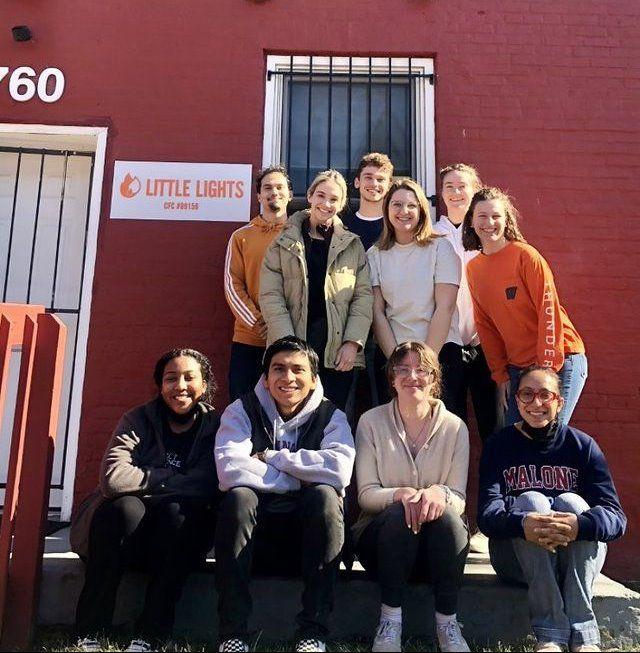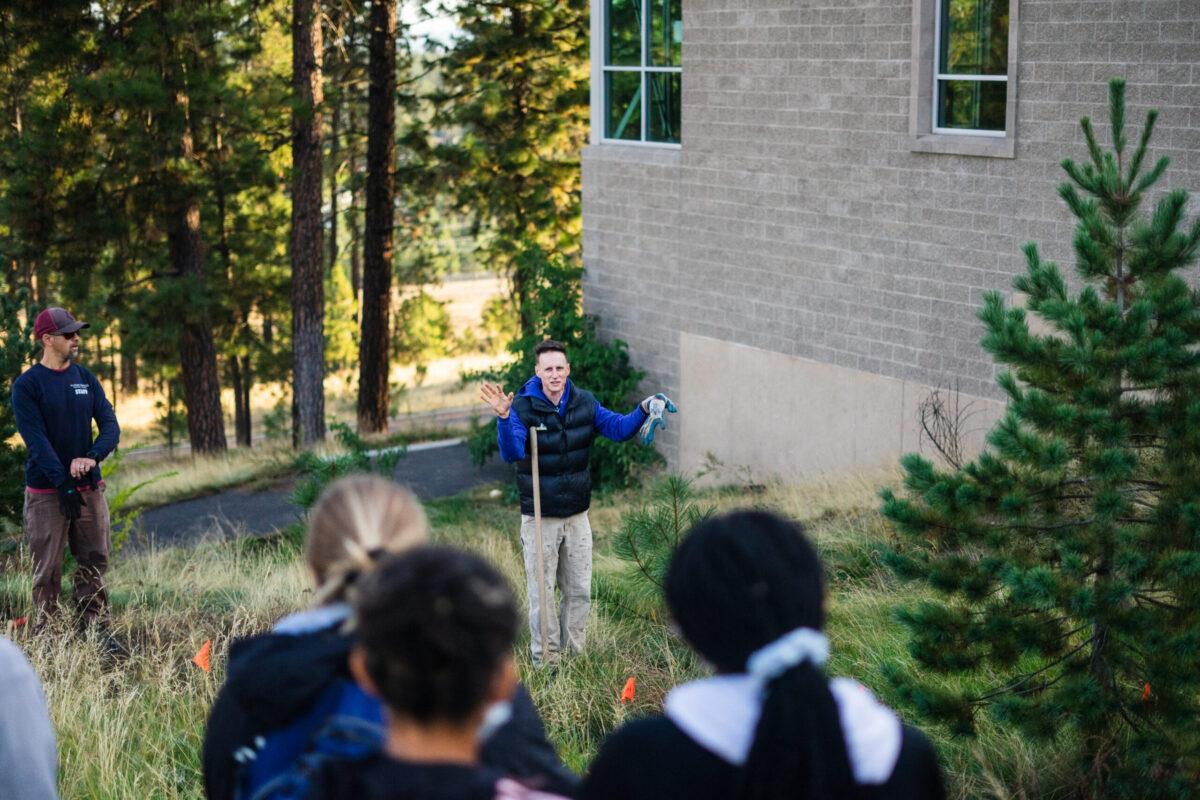Whitworth’s monthly blood drive will take place on Tuesday, Feb. 15, from 10:30 a.m. to 6 p.m. in the HUB.
Lead student medic and senior Katie Chamblin encourages students to take 10 minutes of their time to donate blood.
“We can’t stress enough the importance of giving blood,” Chamblin said. “Every pint of blood saves three lives.”
In January, 60 people donated, significantly exceeding the monthly goal of 36. Health Center Director Kristianna Holmes hypothesized that students and faculty had more time to donate during Jan Term, but she and Chamblin said they hoped February will see similar results.
“Sixty percent of the U.S. population is eligible to donate blood — only 5 percent do,” according to a flier published by the Inland Northwest Blood Center.
With only four steps, the blood-giving process is simple. Donors are first asked to fill out a questionnaire to determine if they are eligible.
“It’s a general screening of the blood you’re giving to make sure it’s safe, healthy and usable,” Holmes said.
If eligible, the second step involves gauging how well the donor is feeling. This includes taking the donor’s temperature and testing his or her iron levels.
The third step is donating blood. Each donor gives one pint of blood, which takes about 10 minutes.
The final step is to visit the canteen, where the donor is given juice and snacks to replenish his or her body.
Whitworth partners with INBC to organize campus blood drives. Chamblin explained that Whitworth’s monthly donations are a reliable source for INBC. In comparison, Gonzaga University sponsors only one blood drive per semester.
“They get about 150 people with each drive,” Chamblin said. “But we ran the numbers and by donating monthly, we give more.”
INBC serves 35 hospitals and medical centers in Spokane and the surrounding area. Chamblin stressed the importance of donating regularly to INBC, especially during the winter when more accidents occur.
Chamblin has been involved with the monthly blood drives for three years. She dedicates much of her time to raising awareness through campus emails and surveys. Currently she is planning a program to take place on March 14. The program is designed to answer common questions about giving blood. She also hopes to bring in a blood donation recipient who will share their story during the program.
“We’re going to make T-shirts,” Chamblin said. “The slogan is ‘Be a liter, give a pint.’”













 Spokane?
Spokane?